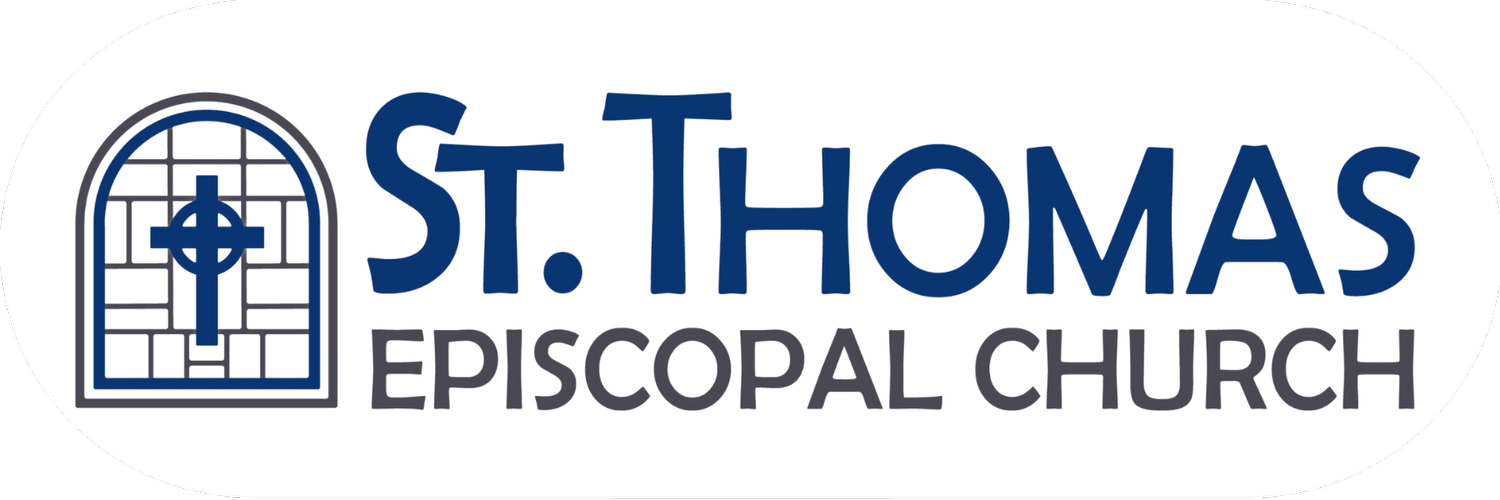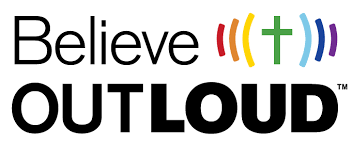Legacy of Social Justice
In the long tradition of churches advocating for civil rights, affordable housing, and the voice of the disenfranchised, St. Thomas Episcopal Church has a long history advocating for social justice in the Park Hill neighborhood. We have a legacy of advocating for the rights and voice of our neighbors in North East Park Hill. In our past we have taken controversial stands against redlining and school segregation; we have open our doors to bi-racial families; we have supported same sex marriage and we have provided sanctuary to immigrants seeking asylum. Today St. Thomas continues to live into that legacy by supporting our neighbors in North East Park Hill who have been subject to urban decay and displacement. We support the right of long-time residents in North East Park Hill to have affordable housing in their neighborhood, to have the ability to create generational wealth, to receive economic opportunities for locally, women and BIPOC owned businesses, to have healthy food options and and to be protected against further displacement. We believe those who have raised their families in North East Park Hill deserve to remain there without fear of displacement. We believe they deserve a community where their children can buy homes, where their grandchildren can find jobs and where they can build generational wealth. We are proud to stand with the community advocates and capacity builders in North East Park Hill who tirelessly work on behalf of this perennially underserved community.
St. Thomas supports House 1000
What is House 1000?:
On Tuesday, July 18, Mayor Johnston declared a state of emergency and opened the city’s Emergency Operations Center (EOC), where more than 50 city employees are working together on this issue daily. Additionally, the Mayor has appointed nine individuals in the Mayor’s Office dedicated to working on this issue. Declaring a State of Emergency opens more avenues for the city to work more collaboratively, find innovative solutions, and access funding and other resources that will be critical to the success of this initiative.
Mayor Johnston has called upon the Faith Community to be involved in this effort and help lead it to success. We’re so proud that our church is serving on the mayor’s faith community working group, and would love for all of you to join us in supporting this effort.
Frequently Asked Questions about Housing 1000:
Have questions? Check out our Frequently Asked Questions here.
Ways to Contribute as a Faith-based Community:
Attend Mayor Town Halls
Please join Mayor Johnston and members of City Council for this series of homelessness town halls, where you can learn more about our plans to bring 1,000 unsheltered individuals indoors by the end of the year, ask questions to the Mayor directly, and learn how you can get involved. See the full schedule here.
If you need a sign language interpreter or CART services, please contact DeafHHservices@denvergov.org or calling (720) 913-8487 at least a three (3) business days’ notice. It is your right to request oral or written Language Assistance Services in your primary language if needed. Please contact
Alex.Gutierrez@denvergov.org and these services will be provided to you free of charge. For other disability accommodations, please contact the event sponsor at Tran.Wills@denvergov.org.
Volunteer
Support the effort to help 1,000 people experiencing homelessness get indoors by volunteering. Click here to learn more about volunteering.
Pray
God of Love, keep our unhoused neighbors close in our hearts. May they receive compassion, mercy and justice. For those leading and supporting the initiative to address our homeless crisis, we ask for wisdom, courage, strength, humbleness, creativity and perseverance. Let our city come together in unity and open our hearts and minds to address this urgent human rights crisis. Provide us with the resources we need to create sufficient housing units for all. Give us eyes to see new opportunities and resources and to boldly invite each other into sharing them together. Fill us with love and compassion for our unhoused siblings. Let us dare to believe that the power of love can unite us across faith traditions and diverse demographics to provide much needed, long-term, viable solutions to our homeless crisis. May these efforts reconcile us and unite us in peace, common love, and shared hope. Amen
Are churches allowed to take positions on political issues?
The IRS does allow churches to advocate for Ballot Issues: the ban by Congress is on political campaign activity regarding a candidate; churches and other 501(c)(3) organizations can engage in a limited amount of lobbying (including ballot measures) and advocate for or against issues that are in the political arena. You can find this guidance on the IRS website page Charities, Churches and Politics. https://www.irs.gov/newsroom/charities-churches-and-politics

